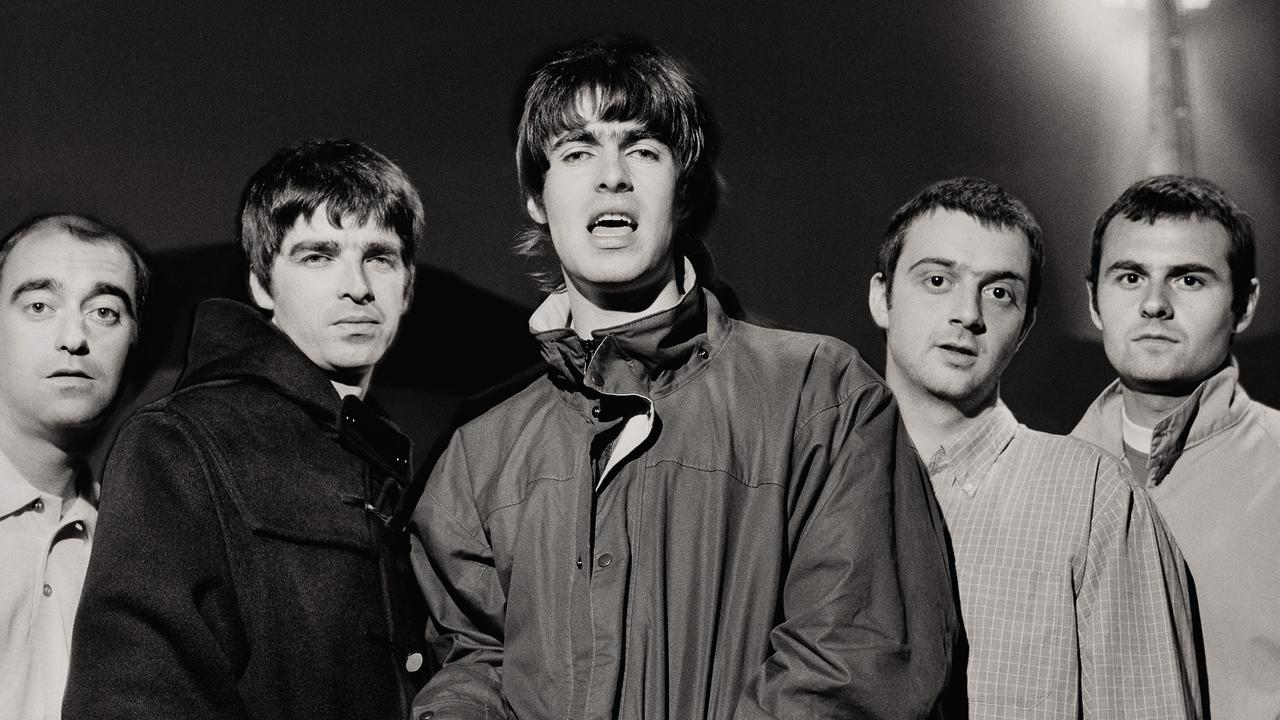Oasis, the band that epitomized the swagger and spirit of 90s Britain, is reuniting for a highly anticipated tour, marking a significant moment for both nostalgic fans and a new generation discovering their music. The reunion announcement comes as the band celebrates the 30th anniversary of their groundbreaking debut album, Definitely Maybe, released in the summer of 1994. This album not only became the fastest-selling debut in UK history but also cemented Oasis’s place as a defining voice of a generation.
The band’s journey from their humble beginnings to global stardom is the stuff of rock ‘n’ roll legend. Discovered by record executive Alan McGee after a surprise appearance at a Glasgow gig, Oasis quickly rose to fame with their unapologetic confidence and catchy tunes. Their debut album, Definitely Maybe, was a sonic blast of youthful exuberance and defiant attitude, capturing the collective yearning for change in a Britain emerging from economic downturn and political transition.
The album’s raw energy and anthemic quality resonated deeply with listeners, offering an escape from everyday monotony. Songs like “Rock ‘N’ Roll Star” and “Supersonic” became rallying cries for a generation eager to shed the constraints of their working-class backgrounds. As Britain was poised on the brink of a new political era with Tony Blair’s Labour Party gaining momentum, Oasis’s music embodied the spirit of optimism and possibility that characterized the time.
Despite the band’s meteoric rise and subsequent success, including hits like “Wonderwall” and “Don’t Look Back in Anger,” Definitely Maybe remains a powerful snapshot of their early days. Paul Lester, editor of Record Collector, recalls the album as a potent expression of youthful rebellion and ambition, which went beyond mere hype to become ingrained in the national consciousness.

The dynamic between the Gallagher brothers, Liam and Noel, fueled both the band’s success and its eventual dissolution in 2009. Their fiery relationship and public spats were as legendary as their music, leading to memorable interviews and confrontations that defined their public image. Even as the band split, they continued to influence music and culture, with both Gallaghers pursuing solo careers and maintaining their connection to Oasis’s legacy.
Now, as Oasis prepares for their reunion tour, fans old and new are eagerly anticipating the chance to see the band perform live once again. This revival of interest, particularly among younger fans who may have grown up with their parents’ music or discovered them through streaming platforms and social media, highlights the enduring appeal of Oasis. The band’s ability to resonate across generations speaks to their universal themes and the nostalgic longing for a simpler, more rebellious time.
The 90s, often remembered as a decade of relative calm and optimism, contrasts sharply with today’s era of constant crisis and technological saturation. For many, the upcoming reunion represents not just a return to the music of their youth, but a chance to relive a time when rock ‘n’ roll felt larger than life and a band like Oasis seemed to embody the very essence of rock stardom.
As Oasis embarks on this new chapter, their music continues to inspire and unite fans, proving that their impact on British culture remains as strong as ever. The band’s reunion is not only a celebration of their past but a reminder of the power of music to connect people across time and space, making the long-awaited comeback an event that promises to capture the magic of their legendary status once again.











